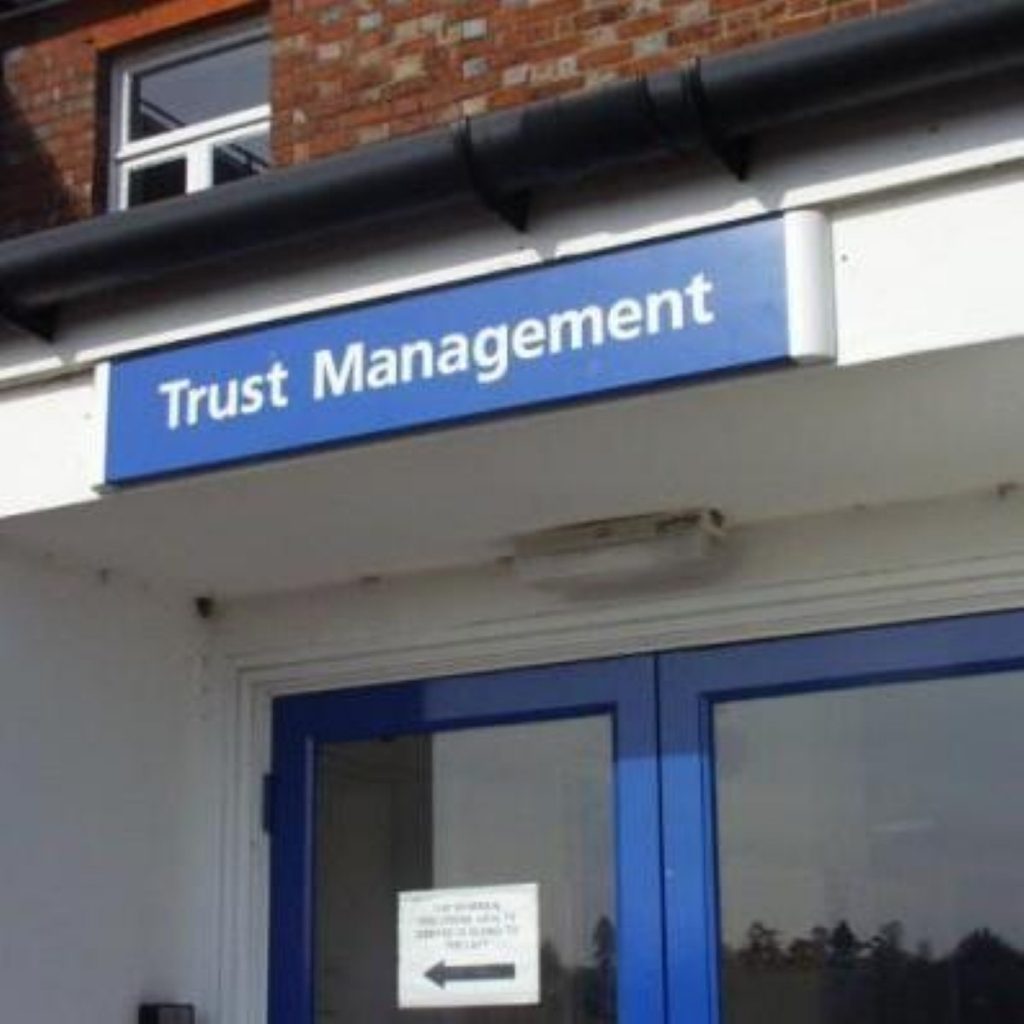National Consumer Council calls for greater “health literacy”
The problems of health inequality in the UK could be tackled by promoting health literacy, according to a new report from the National Consumer Council (NCC), funded by the Department for Health.
It defines health literacy as “building people’s knowledge, skills and confidence to manage their own health.”
One in five people, nearly seven million in the UK, do not have the basic skills to manage their own heath according to the report. It warns that these basic skills are crucial in making the health service more user-responsive.
Patient choice has become a key battleground in the electoral battle on the NHS, with the Conservatives promising a “patients’ passport” to allow individuals to take central funding to whichever provider they chose. Labour, meanwhile, has promised “personalised” health services with more choice as capacity increases.


The Liberal Democrats however claim that “choice” is a false debate, and that politicians should concentrate on making sure all local services are good.
Launching the report, NCC chief executive Ed Mayo said: “When we asked people how interested and involved they were in their own health – and how they go about getting information about health problems – we were surprised to discover that even among higher income groups there is a sizable health literacy gap.
“The better-off are more likely than the less-well-off to read medicine information leaflets (27 per cent against 12 per cent), to ask their GP questions (45 per cent against 35 per cent), and more likely to search the internet for information (39 per cent against 16 per cent). But that still leaves more than half the better-off – and the majority of the worst-off – failing to seek out more information about their health.”
The NCC warns that many people underestimate their need for health and that those at most risk of poor health are least able to obtain and understand health information.
Key recommendations include making health information available in “plain English” and ensuring that there are interpreters available for those with limited English.
The Government is urged to provide help to ensure patients do not get “lost” in the system, create health literacy quality measures and standards and carry out research among both professionals and patients to more fully understand the problems.
Health Secretary John Reid welcomed the report, saying: “The National Consumer Council’s report sets out the challenges ahead – ensuring that everyone has the skills and capabilities to benefit from the investment we are making.
“An increase in health literacy will increase people’s capacity to take more control over their own health and their own lives.”











